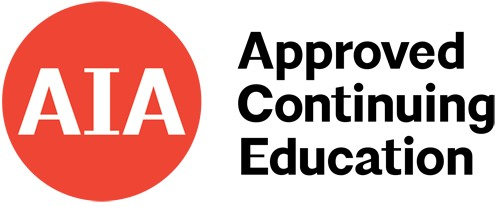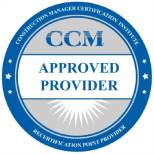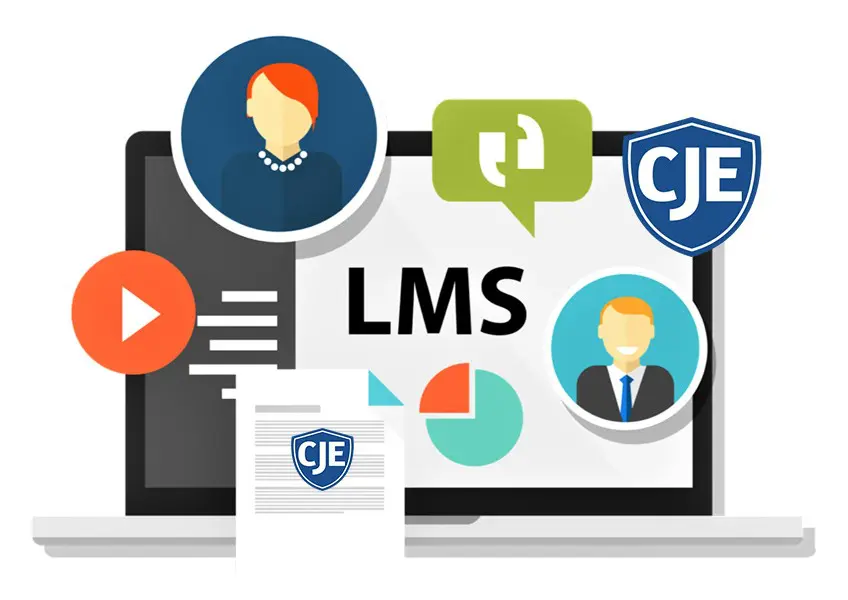

THE FOLLOWING PUBLICATIONS ARE PROVIDED AS A PUBLIC SERVICE TO ASSIST IN THE EDUCATION OF BEST PRACTICES AND PROCESSES ASSOCIATED WITH JOB ORDER CONTRACTING. THE CENTER FOR JOC EXCELLENCE IS THE DESIGNATED NATIONAL NON-PROFIT EXPERT RESOURCE CENTER FOR JOC. IF YOU NEED ASSISTANCE FROM THE ORGANIZATION, PLEASE EMAIL INFO@JOCEXCELLENCE.ORG.
JOC Owners’ Advisory Council Publication: JOC Insights
JOC Education & Research Committee Papers
Center for JOC Excellence Information
Sample Job Order Contracting RFPS - Solicitation Documents
JOC Manuals, Guidelines & Audits
JOC Research
Reference Items
Samples of Relevant Legislation
Additional resources

Fort Lenard Wood, Missouri, Directorate of Public Works JOC & USAR Support Branch Introduction to Job Order Contracting
Job Order Contracting (JOC) is one of many contract execution tools available to organizations looking for ways to carry out real property maintenance and minor construction projects. It is currently in use by most military installations, other federal agencies that manage facilities, and many public- and private-sector property owners.
The JOC process is identified by many different names (e.g., Delivery Order Contracting, Task Order Contracting, Simplified Acquisition of Base Engineering Requirements {SABER}, and as simply as Indefinite Delivery/Indefinite Quantity {IDIQ}), but in all cases the basic tenets are the same. An “umbrella” contract is awarded against which subsequent task orders (defining actual project requirements) are issued, each with a firm, fixed price. When administered as a performance based contract, the Contractor is motivated to provide timely and quality construction in order to receive more work. Since 1990, the U.S. Army’s Fort Leonard Wood Directorate of Public Works has been using this innovative tool to execute requirements both at the Installation and at US Army Reserve facilities.

Federal legislation allows all highway bridges to be eligible for federal aid funding.
Many DOTs are granted approval to use federal funding for Bridge Painting and Preventive Maintenance contracts including NJDOT, SANDAG, NYSDOT. Follow this link for an example: SANDAG’s use of JOC
History of FHWA and JOC/IDIQ Contracting:
The objective of SEP-14 is to evaluate “project specific” innovative contracting practices, undertaken by State highway agencies, that have the potential to reduce the life cycle cost of projects, while at the same time, maintain product quality. Federal statutes and regulations do set forth specific Federal-aid program requirements; however, some degree of administrative flexibility does exist. The intent of SEP-14 is to operate within this administrative flexibility to evaluate promising non-traditional contracting practices on selected Federal-aid projects.
When is FHWA SEP-14 Approval Necessary?
FHWA Headquarters’ SEP-14 approval is necessary for any non-traditional construction contracting technique which deviates from the competitive bidding provisions in 23 USC 112. Any contract which utilizes a method of award other than the lowest responsive bid (or force account as defined in 23 CFR 635B) should be evaluated under SEP-14. These non-traditional contracting techniques may include best value, life cycle cost bidding, qualifications based bidding and other methods where cost and other factors are considered in the award process.
To request an article, presentation, educational training session on JOC, contribute additional information, or request additional assistance from the Center, please email us at info@jocexcellence.org.
Partners & Collaborators






